-
The Size and Format of Picturebooks
How does the binding of a book affect reader expectations? What about the size? The actual individual appearance of of individual books is just as obvious an example of how prior expectations control our responses to stories; it influences our attitude to the stories the books contain before we even begin to read them. We […]
-
Wolves In Children’s Literature
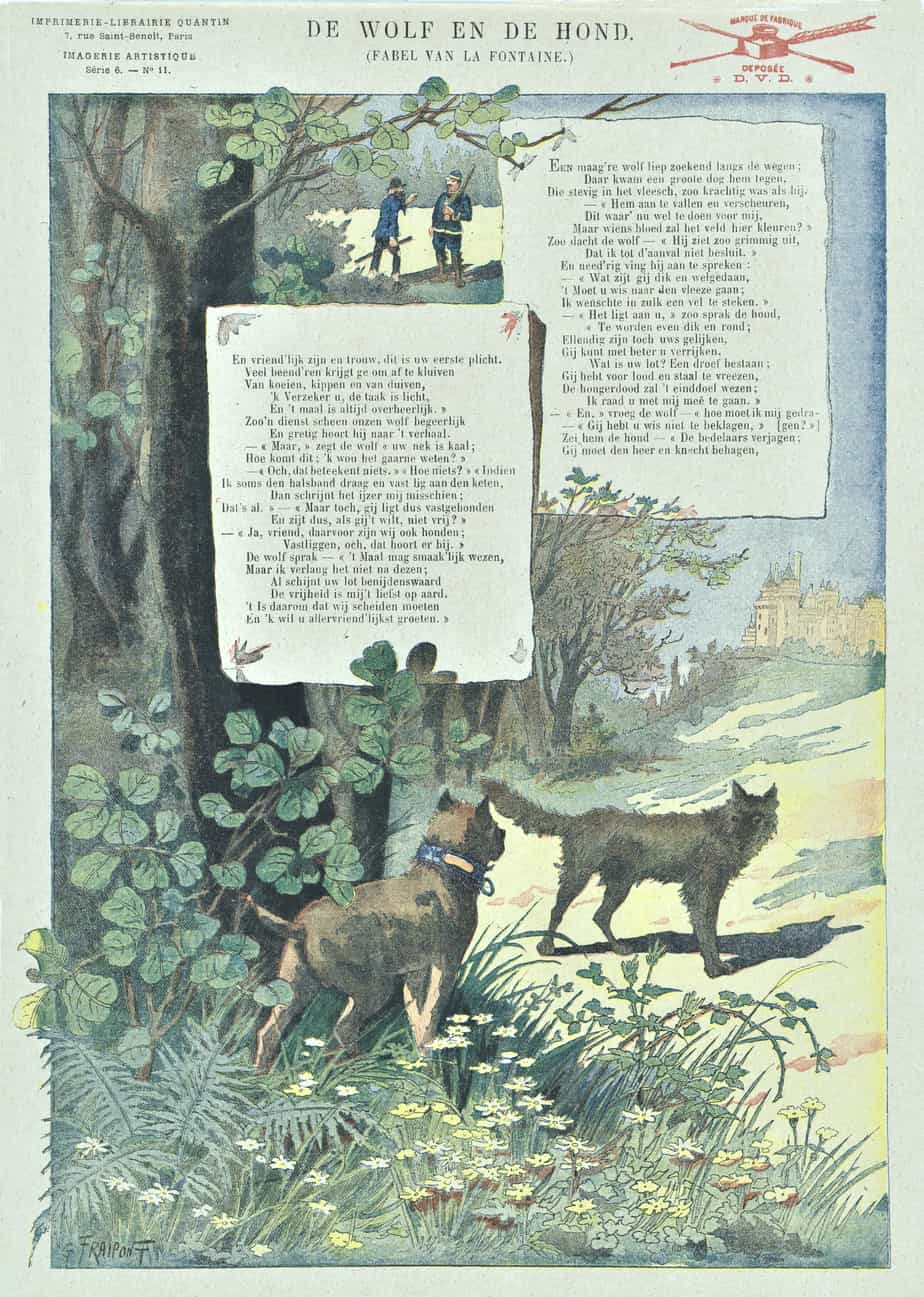
In stories, wolves are a shorthand for opponent. This comes from the historical real life fear of wolves of course, but also from Aesop. Now that wolves are an endangered species, writers sometimes subvert this archetype and position the wolf as the sympathetic character. This also carries the message that no one is all good or all bad, and we…
-
Picturebooks: Where to place words on the page?
Where to put the text in a picture book? How do the eyes of readers move across the page? What is the age of your reader? This will affect the decision.
-
The World’s First Picturebooks
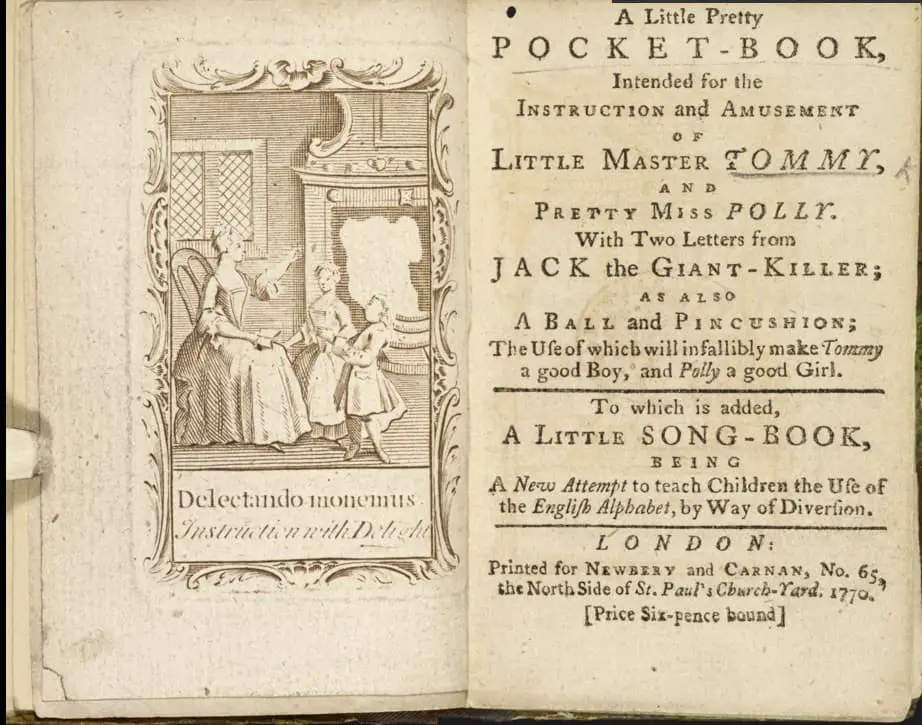
It is difficult to be precise about when the modern picturebook first made its appearance but most authorities seem to be agreed that during the late nineteenth century picturebook makers such as Randolph Caldecott played a decisive role in transforming the Victorian toy book into something much more like the modern picturebook. Similarly, although many […]
-
Bears In The Night by Stan and Jan Berenstain Analysis
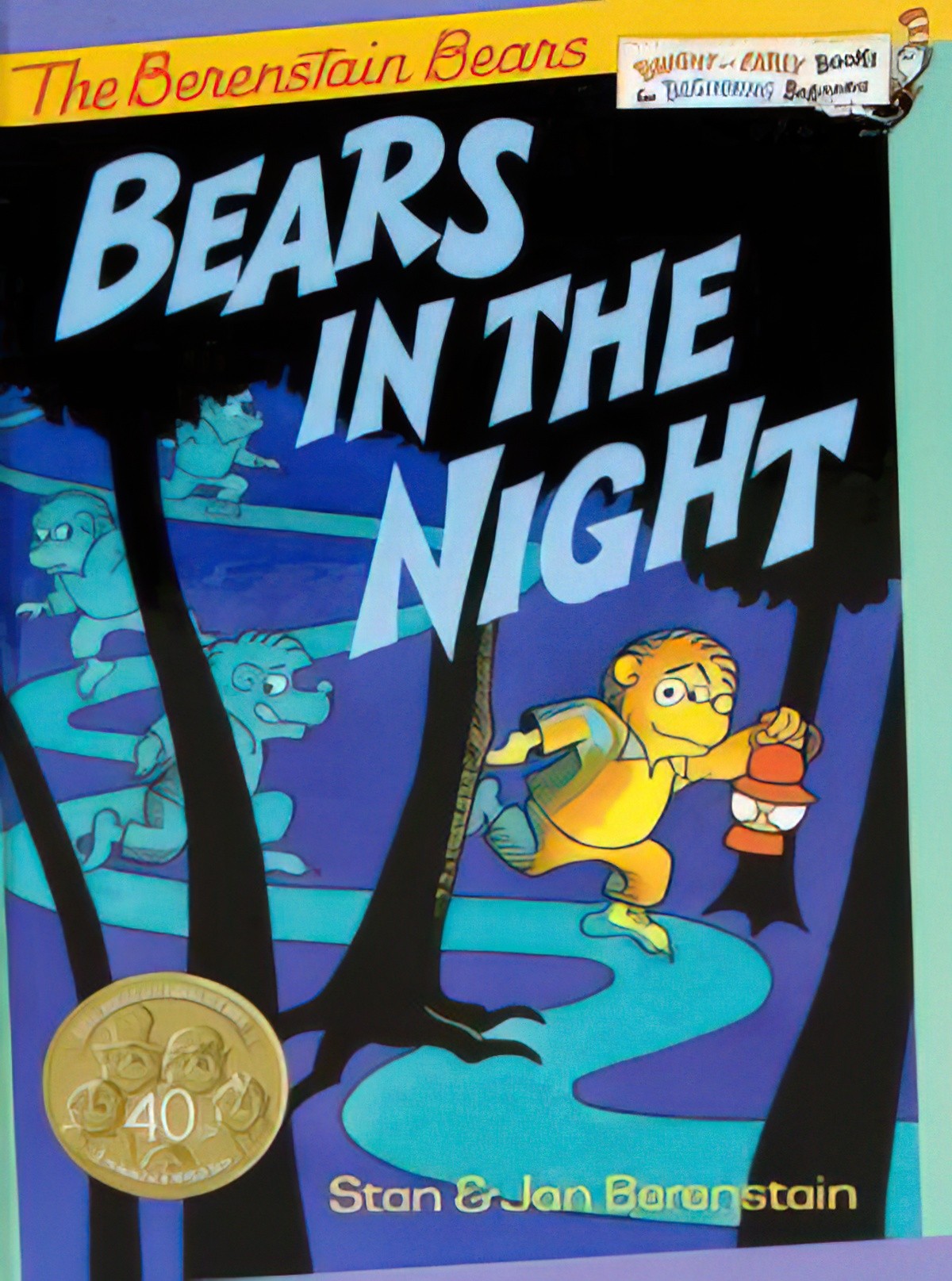
Anyone who has helped an emergent reader with assigned readers knows the difference between an interesting early reader and a ‘slog’. Bears In The Night by the Berenstains is an early reader with a focus on positional words. This book is an example of a successful early reader because the story is engaging and children will want to return to its…
-
A Day Like Any Other by Mavis Gallant Analysis
This story is interesting to me because of the year it was written. As a modern parent, I hear a lot about how ‘parents these days’ are overprotective of our children, interfering too much in their lives, stunting their emotional development. Yet this is a story of one such mother, and it dates from 1952. Have […]
-
Wolf Comes To Town by Denis Manton Analysis
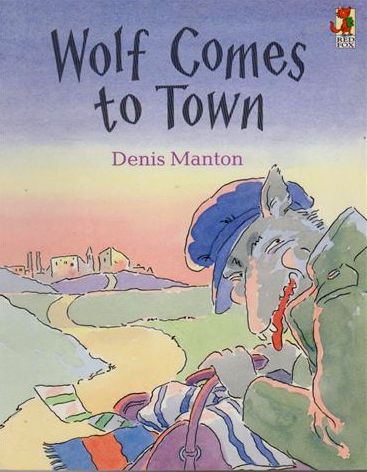
Wolf Comes To Town by Denis Manton must be one of the most underrated children’s book on the Internet. I was genuinely astonished to check out what others have said about this picture book on Amazon and Goodreads. Both sites show a 1.5 star average rating at time of writing. Can you guess what reviewers don’t like about this book?
-
Little Red Riding Hood Fairytale History
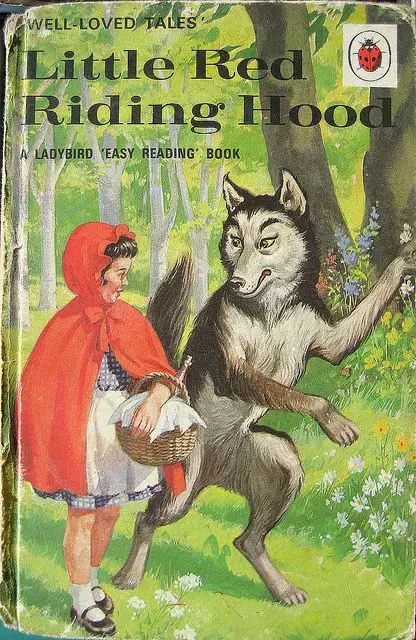
“Little Red Riding Hood” is one of the best-known fairy tales. Depending on who tells it, this is a feminist story, or a patriarchal one. Little Red Riding Hood is told to children, but probably features often as a sexual fantasy. Elle avait vu le loup – “She’d seen the wolf” in French means she’s lost her virginity. There are also…
-
Bears In Art and Storytelling
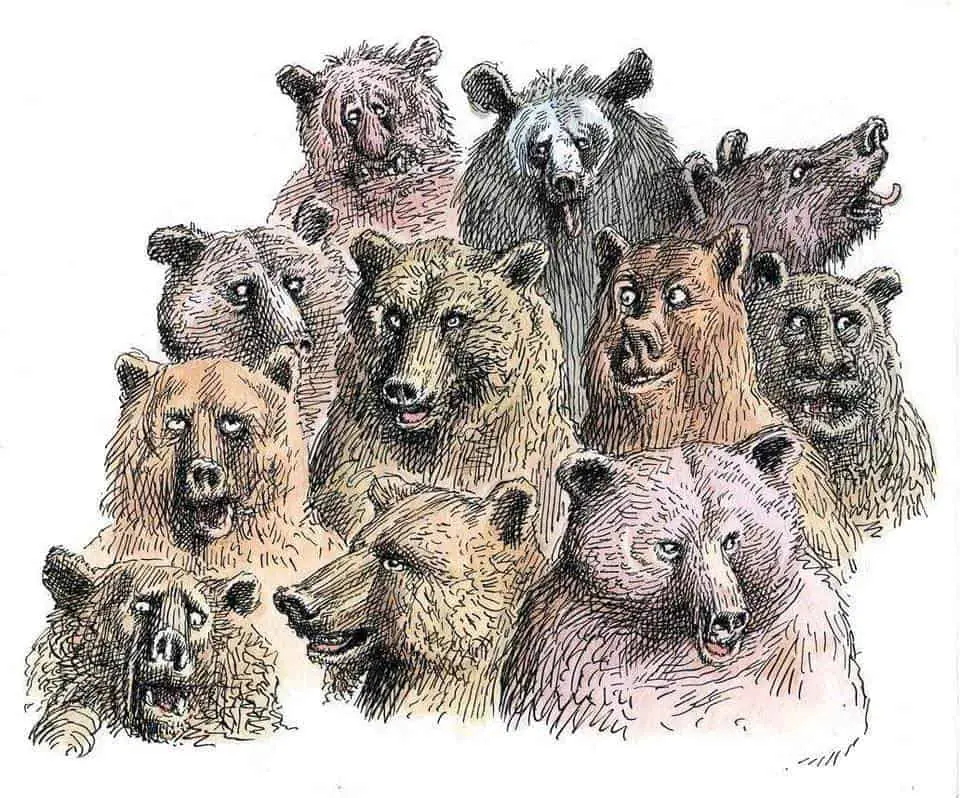
Perhaps you know a little person who absolutely love bears. I know one of those. She loves stories about bears. Fortunately they are in no short supply.
-
Literary Dogs
I almost always hate when pets are described in books. Unless they’re like Vincent from Lost & integral to plot, I prefer to ignore them. Maybe it’s because I didn’t grow up w/ pets, but I mean – everyone likes their pet & they’re all the same, so why bother pointing them out? It’s like “flowers are […]
-
Literary Cats
“I meant,” said Ipslore bitterly, “what is there in this world that truly makes living worthwhile?”Death thought about it.‘CATS, he said eventually. CATS ARE NICE!’ Terry Pratchett, Sourcery Catwoman with every fictional cat ever, from The Mary Sue Why Cats Are Ousting Dogs In Literature from The Telegraph Something they don’t tell you about pet […]
-
Z Is For Moose by Kelly Bingham and Paul O. Zelinsky Picture Book Analysis
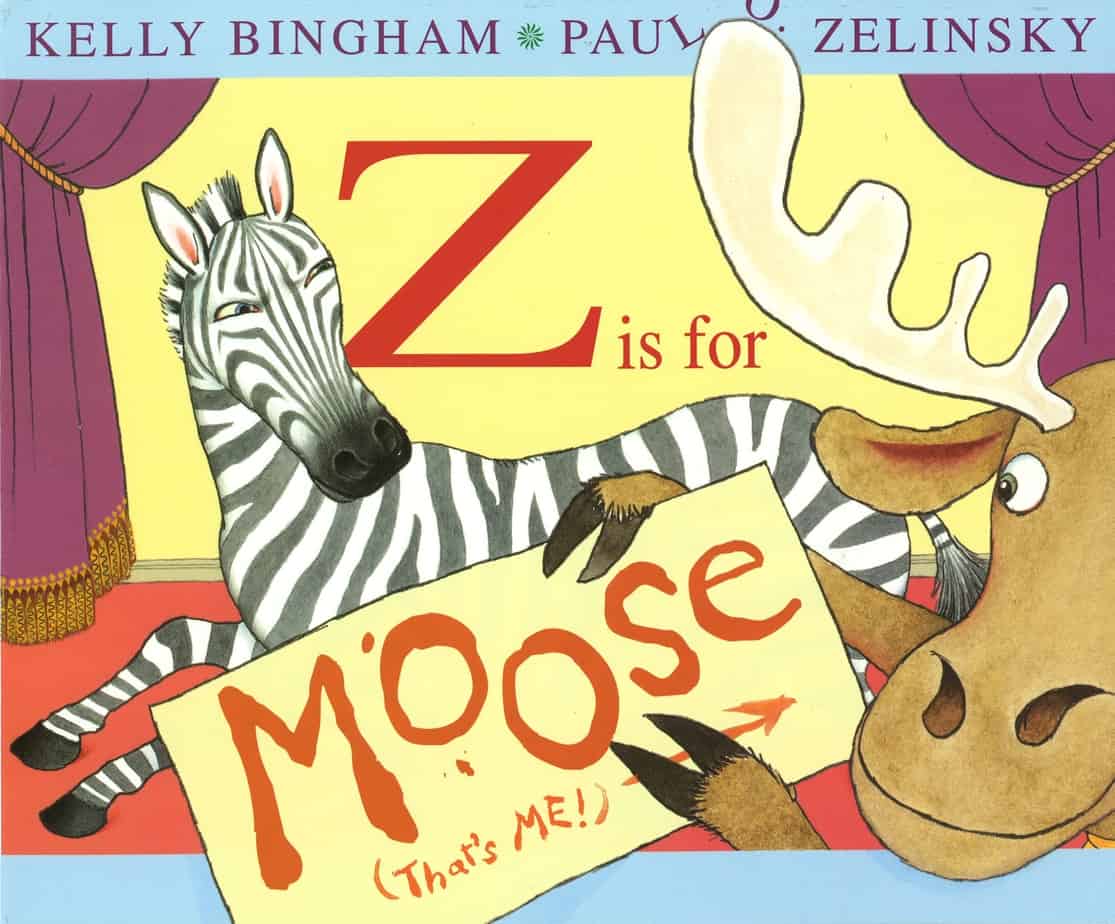
Kate de Goldi discusses Z Is For Moose on Radio New Zealand and has trouble not laughing. (This is what made me buy the book.) There is something inherently funny about a moose. Is it the bulbous snout, or the slightly onomatopoeic name? (I’m not sure what real-world sound the word ‘moose’ makes, but it […]
-
The People Across The Canyon by Margaret Millar Analysis

Hear “The People Across The Canyon” (1964) read by Douglass Greene at Alfred Hitchcock’s Mystery Magazine.
-
Mr Chicken Goes To Paris by Leigh Hobbs Analysis
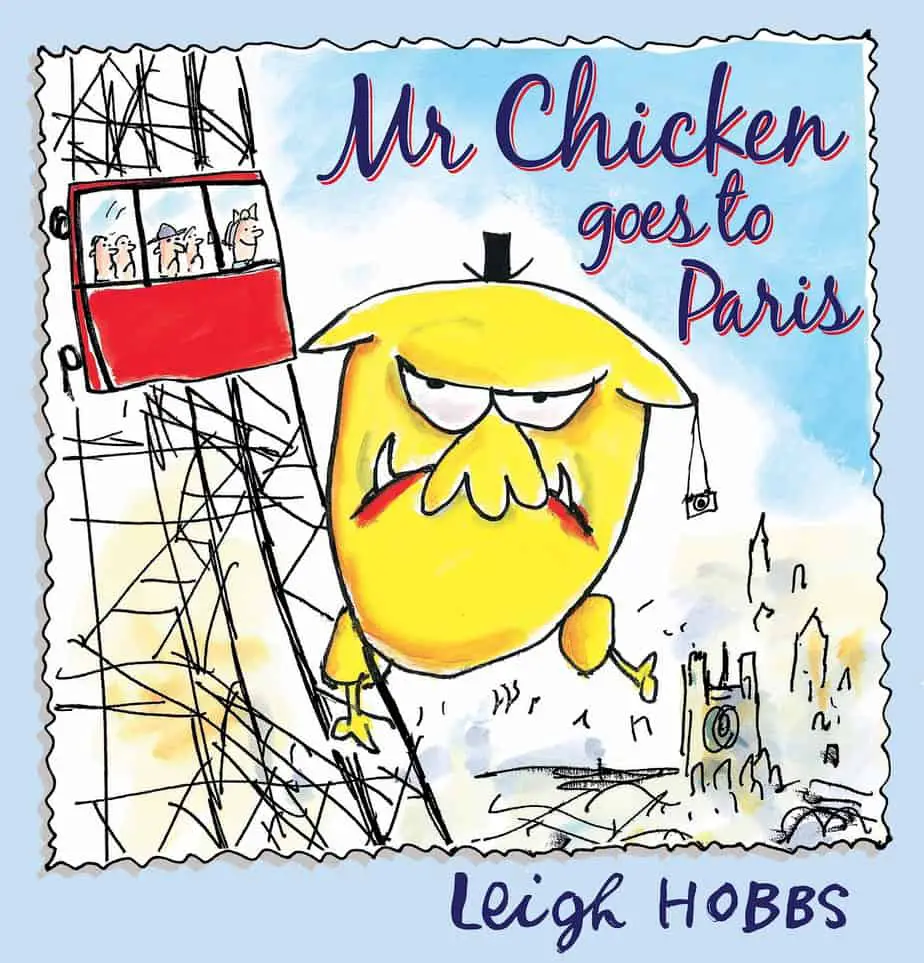
Mr Chicken Goes To Paris is a carnivalesque picture book about a chicken who goes to Paris on holiday. For a whiff of the Foreign, film makers often turn to France and especially Paris. The same is true in children’s films, from “Ratatouille” to “Hunchback of Notre Dame.” And the same is true in children’s […]
-
Shirley Jackson’s Louisa, Please Come Home Analysis
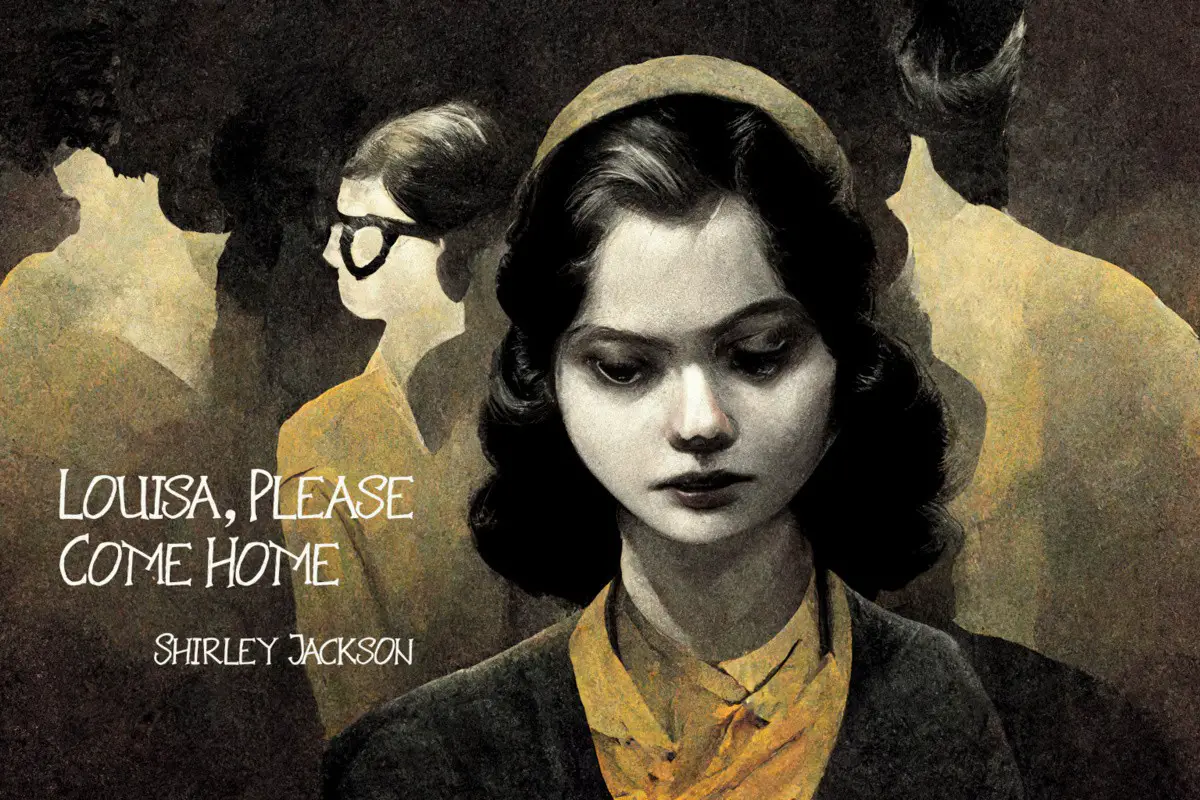
“Louisa, Please Come Home” is a short story by Shirley Jackson, first published in Ladies Home Journal, 1960.